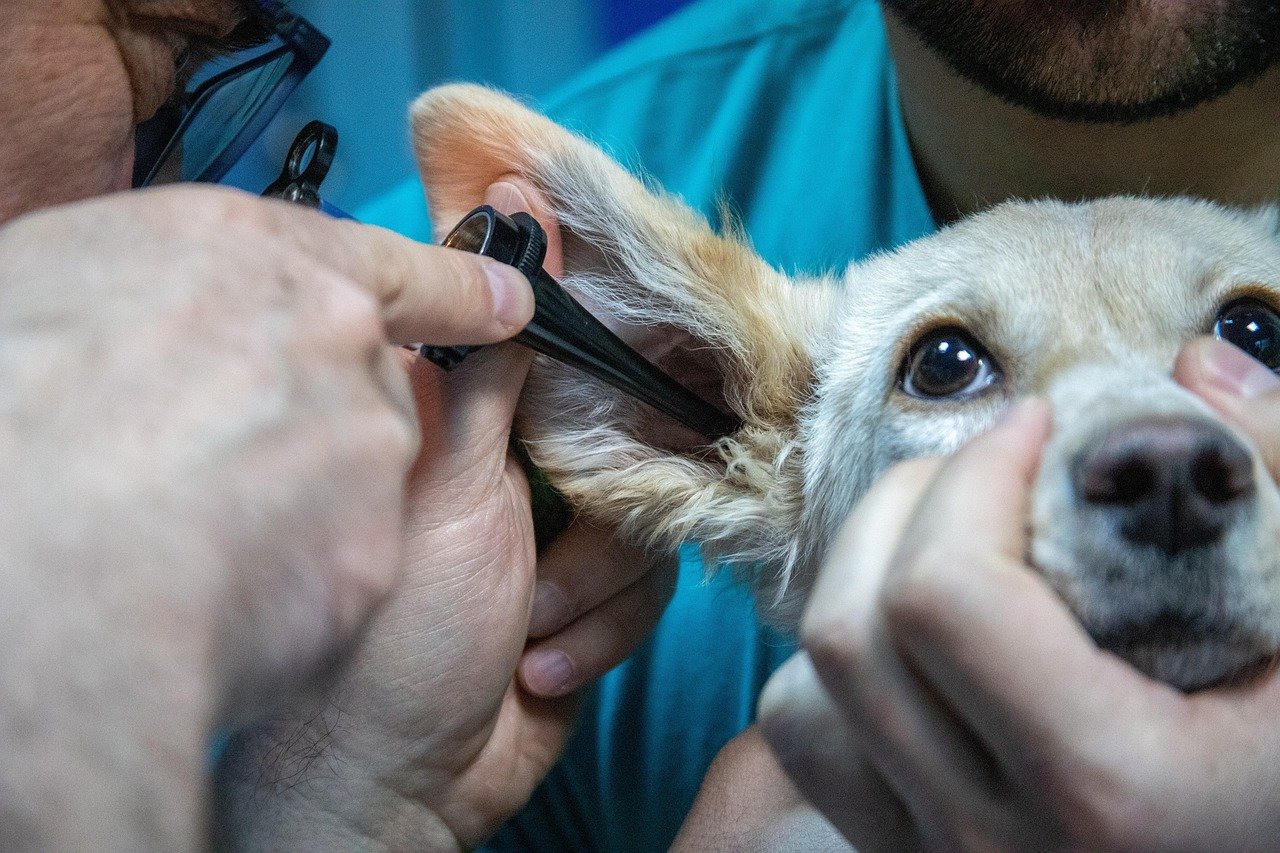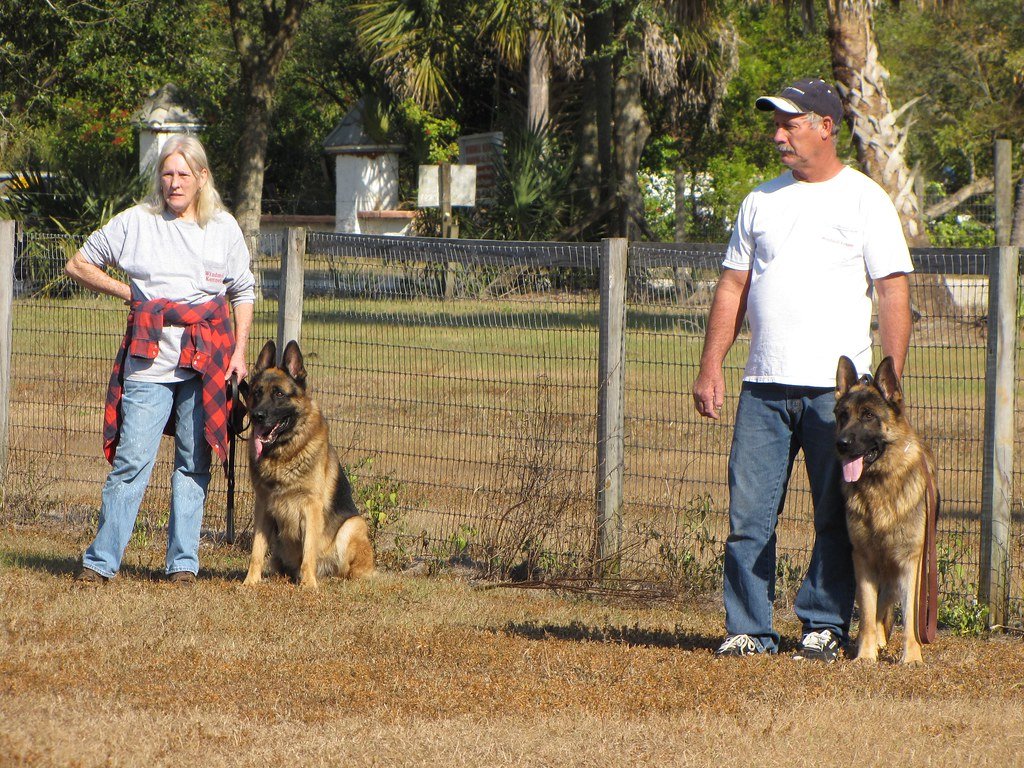Imagine this: a gentle tail wag to greet you in the morning, soft eyes watching your every move with quiet devotion, and the kind of companionship that only a dog can offer. For many seniors, sharing life with a loyal pup adds warmth, structure, and joy to every day. But finding the right canine companion isn’t as simple as falling in love with the first wagging tail you see. Let’s dig into the eight most important things to ponder before you welcome a new four-legged friend into your golden years.
Energy Levels: Matching Pace and Personality

It’s tempting to be charmed by a bouncy puppy, but high-energy breeds can quickly overwhelm even the most active seniors. Consider your daily routine—do you enjoy brisk walks, or prefer gentle strolls and cozy afternoons? Dogs like Greyhounds or older Labradors make wonderful companions for a slower pace.
Dogs thrive when their energy matches yours. If you pick a pup who needs more exercise than you can provide, you might notice restlessness, destructive chewing, or constant barking. Instead, look for breeds or mixes known for calm temperaments and contentment with short walks and lots of cuddles.
Size Matters: Small, Medium, or Large?

A tiny dog can be easier to lift, bathe, and transport, which is especially handy if mobility is a concern. Small breeds like Cavalier King Charles Spaniels or Shih Tzus often fit well in apartments and don’t mind curling up on your lap.
However, don’t rule out medium or larger dogs with mellow personalities. Sometimes, bigger breeds are surprisingly gentle and easier to handle than feisty toy dogs. Consider your living space, strength, and ability to manage stairs or trips to the vet—these little details make a big difference.
Grooming and Maintenance: How Much Fuss?
Some breeds need daily brushing, regular haircuts, or frequent baths. If arthritis or limited mobility makes grooming tough, look for dogs with easy-care coats like Beagles or short-haired Dachshunds. Less grooming means more time for snuggles and play.
Even dogs with low-maintenance fur need nail trims and dental care. Consider whether you can manage these tasks at home or if you’re comfortable making regular trips to a groomer. A little planning now saves stress later, for both you and your dog.
Age of the Dog: Puppy, Adult, or Senior?
While puppies are adorable, they require constant attention, training, and patience—think midnight potty breaks and chewed slippers. Adult and senior dogs, on the other hand, often come house-trained and settled, making them perfect for a quieter life.
Adopting an older dog can be deeply rewarding. Many local shelters have loving, overlooked seniors eager for a second chance. They tend to adapt quickly and appreciate every moment of comfort and companionship you offer.
Health and Veterinary Needs: Planning Ahead

All dogs need regular vet visits, but some breeds are prone to chronic issues like arthritis, heart disease, or dental problems. Research common health problems in breeds you’re considering, and ask about their care needs.
It’s wise to budget for routine checkups, emergency care, and medications—especially for older dogs. Watch for subtle behavior changes: limping, slow movement, or withdrawal could signal pain or illness. Prevention and early intervention keep tails wagging longer.
Temperament and Training: Finding the Right Fit

Every dog has a unique personality, shaped by genetics and life experience. Some are naturally affectionate lapdogs; others are independent and need space. Ask rescue staff or breeders about a dog’s behavior—are they calm, anxious, or eager to please?
A well-mannered dog is a joy, especially for seniors. Look for dogs who respond to basic commands and show patience and gentleness. If you’re up for it, consider enrolling in a basic obedience class together—it’s a fantastic way to bond and build confidence, for both of you.
Support System: Who Can Lend a Paw?
Even the most devoted dog-lover needs backup sometimes. Think about family, friends, or neighbors who could help during illness, travel, or emergencies. Having a support system in place ensures your pup is always cared for.
Some communities offer dog-walking services or volunteer pet sitters for seniors. Reach out and ask—most people are happy to pitch in. Knowing you’re not alone makes caring for your new friend less stressful and a lot more joyful.
Lifestyle and Future Changes: Planning for What’s Next

Life is full of surprises, especially as we age. Consider how your health, living situation, or finances might change in the coming years. Would you need to move to assisted living, or travel for extended periods? Choosing a low-maintenance, adaptable dog can help you navigate changes with less worry.
Think about long-term arrangements, too. Some seniors set up care plans for their pets, ensuring a loving home if circumstances shift. It’s a loving step that brings peace of mind and protects the furry friend who gives so much.
Finding your forever dog is a journey filled with hope, questions, and heartfelt decisions. With a little planning and a lot of love, you’ll discover a companion who fits right into your life—bringing laughter, comfort, and endless tail wags.





